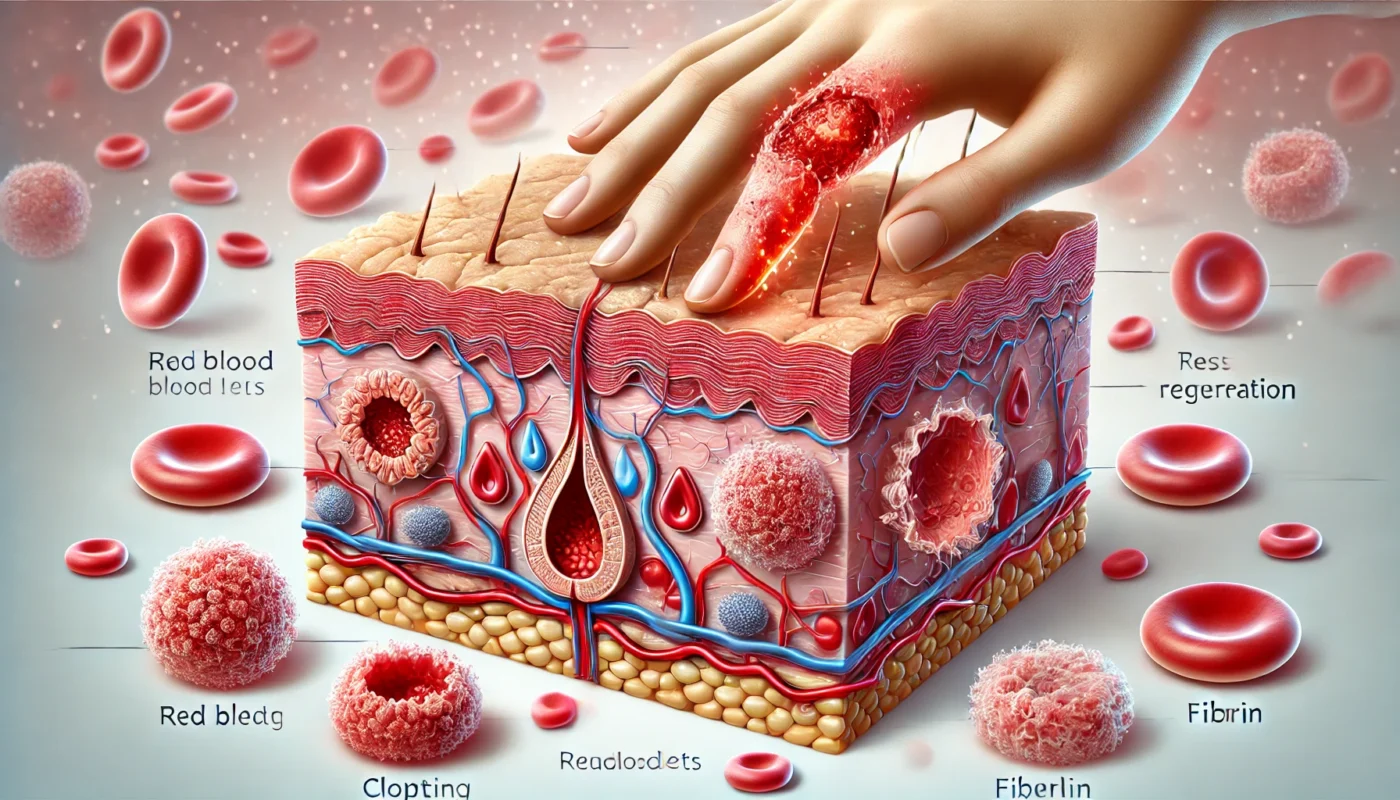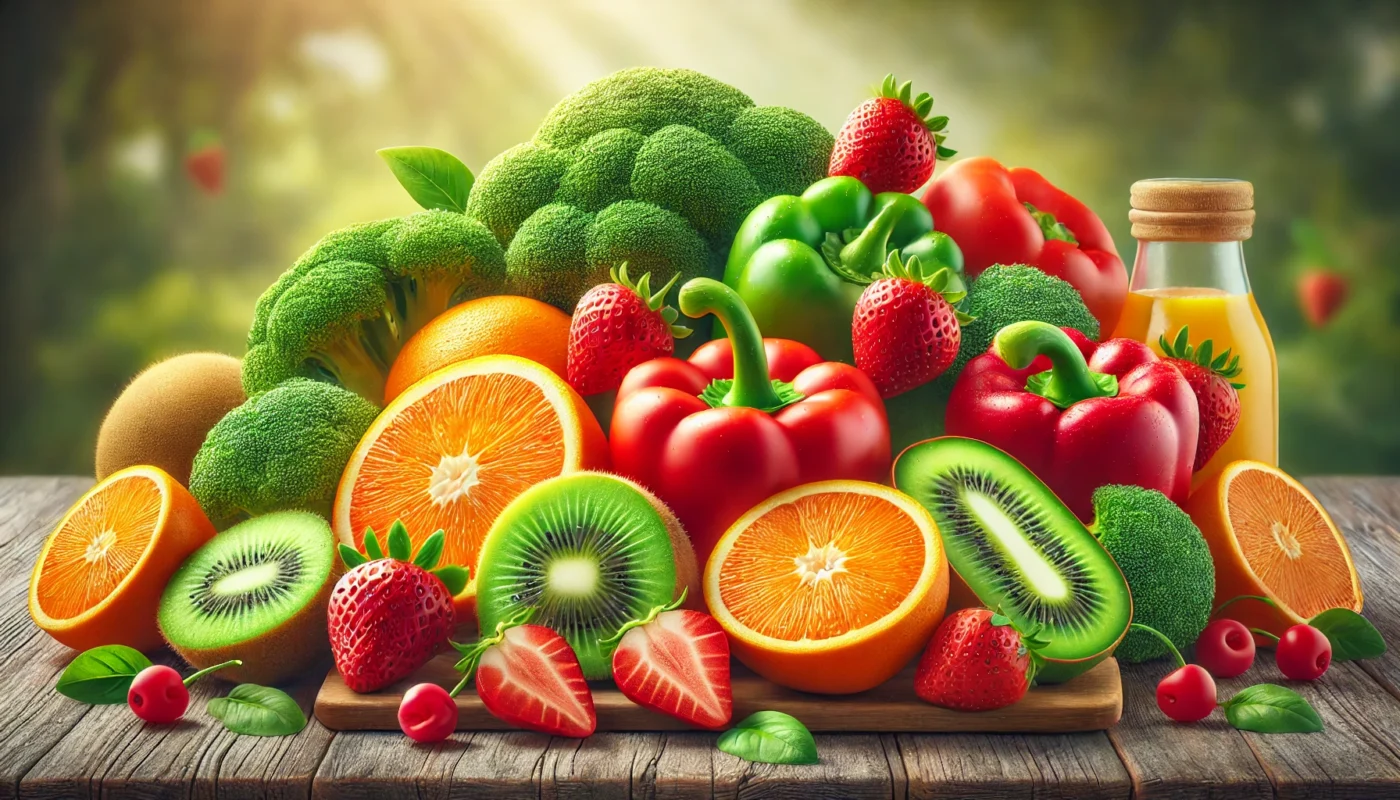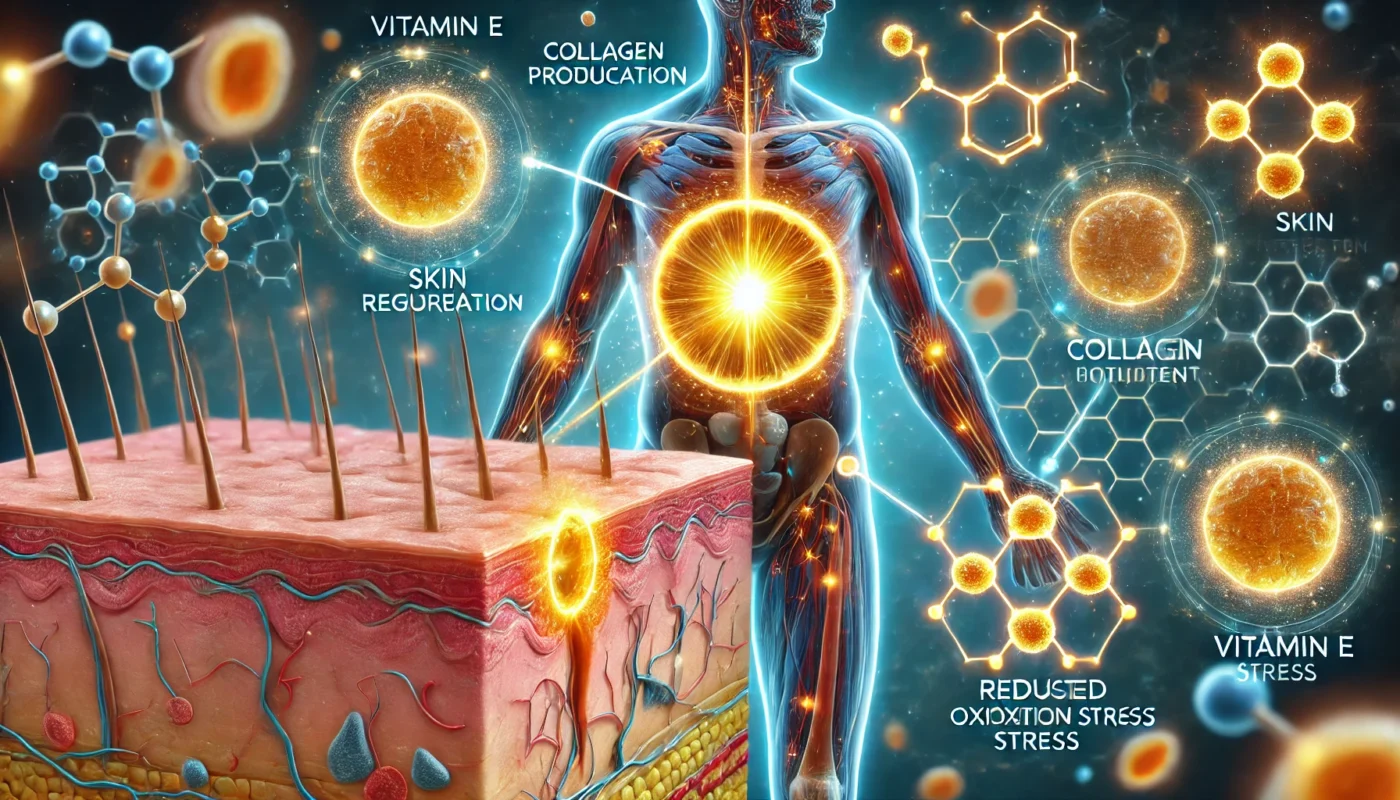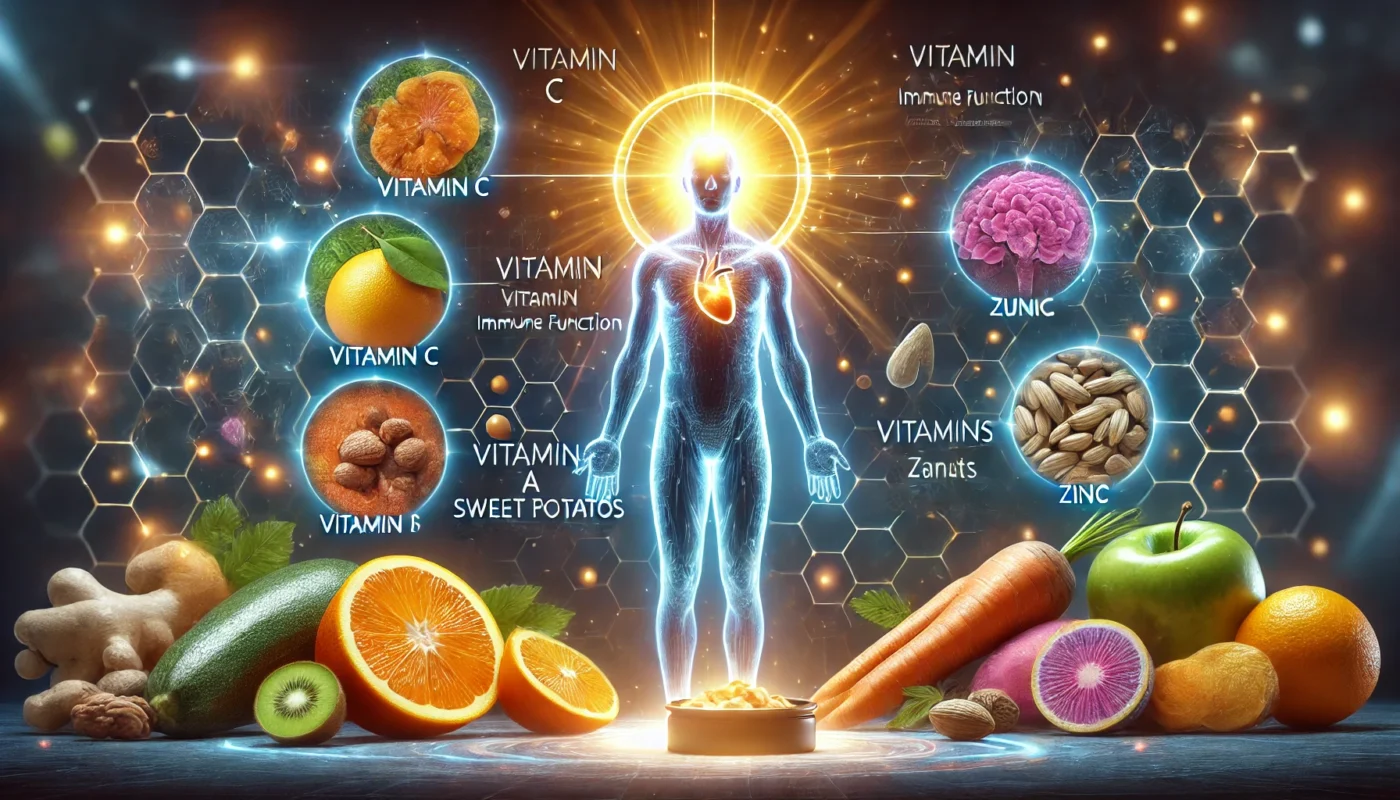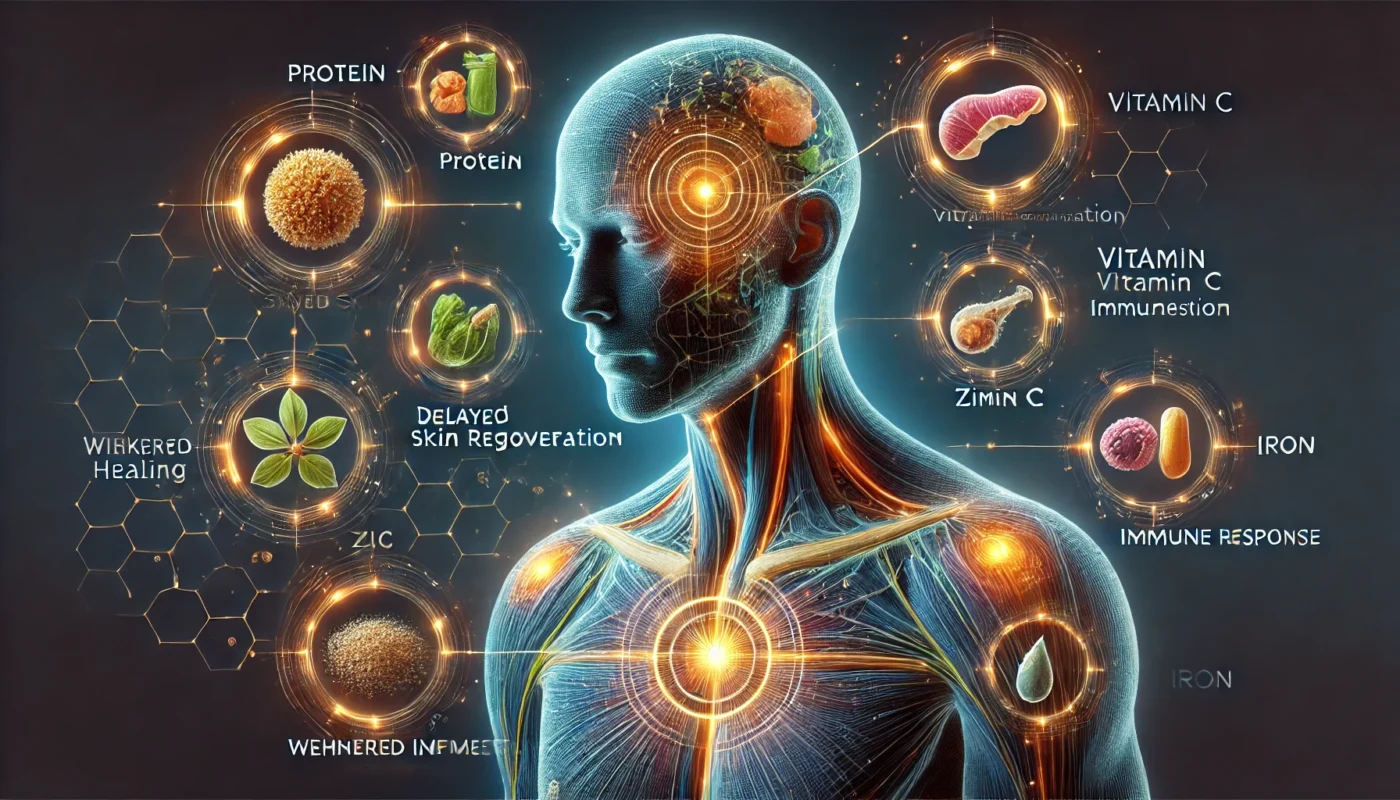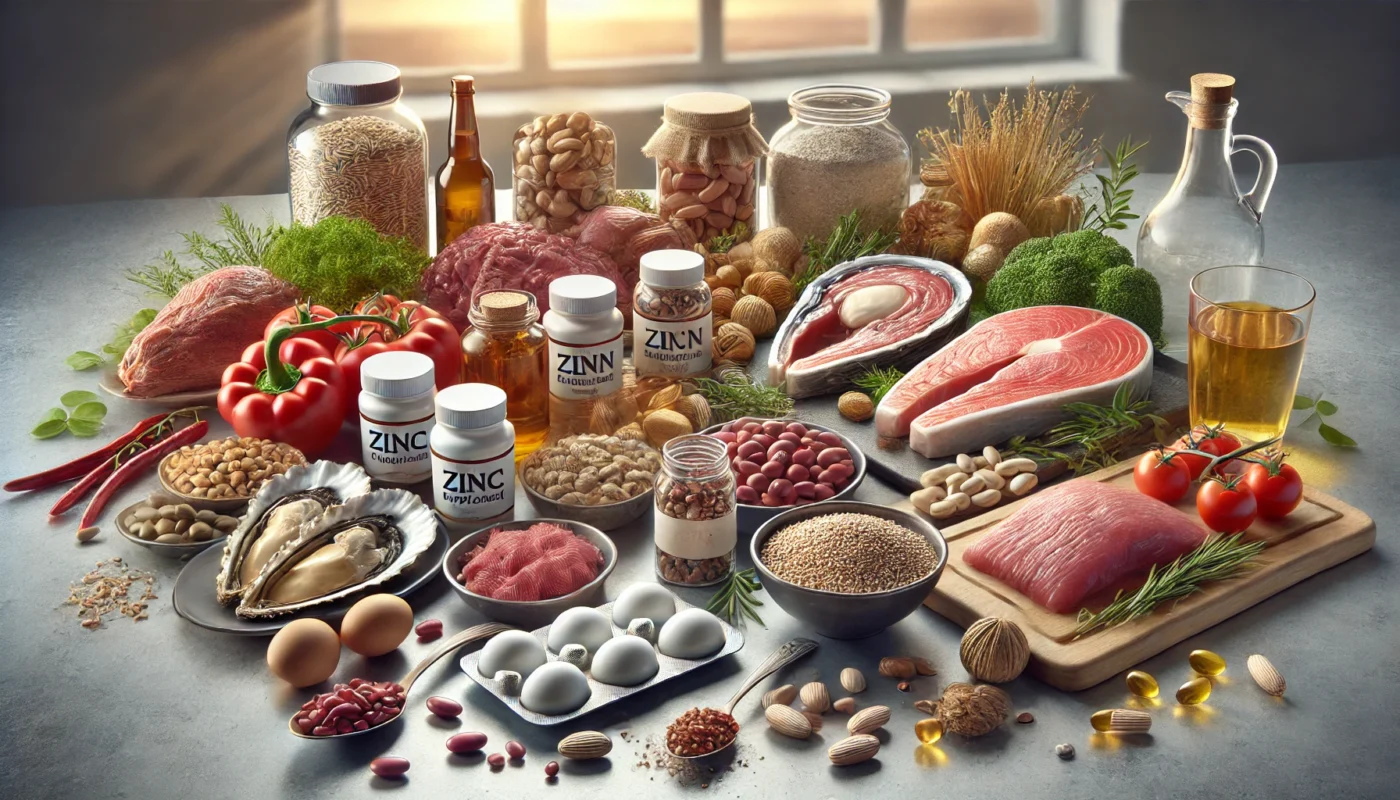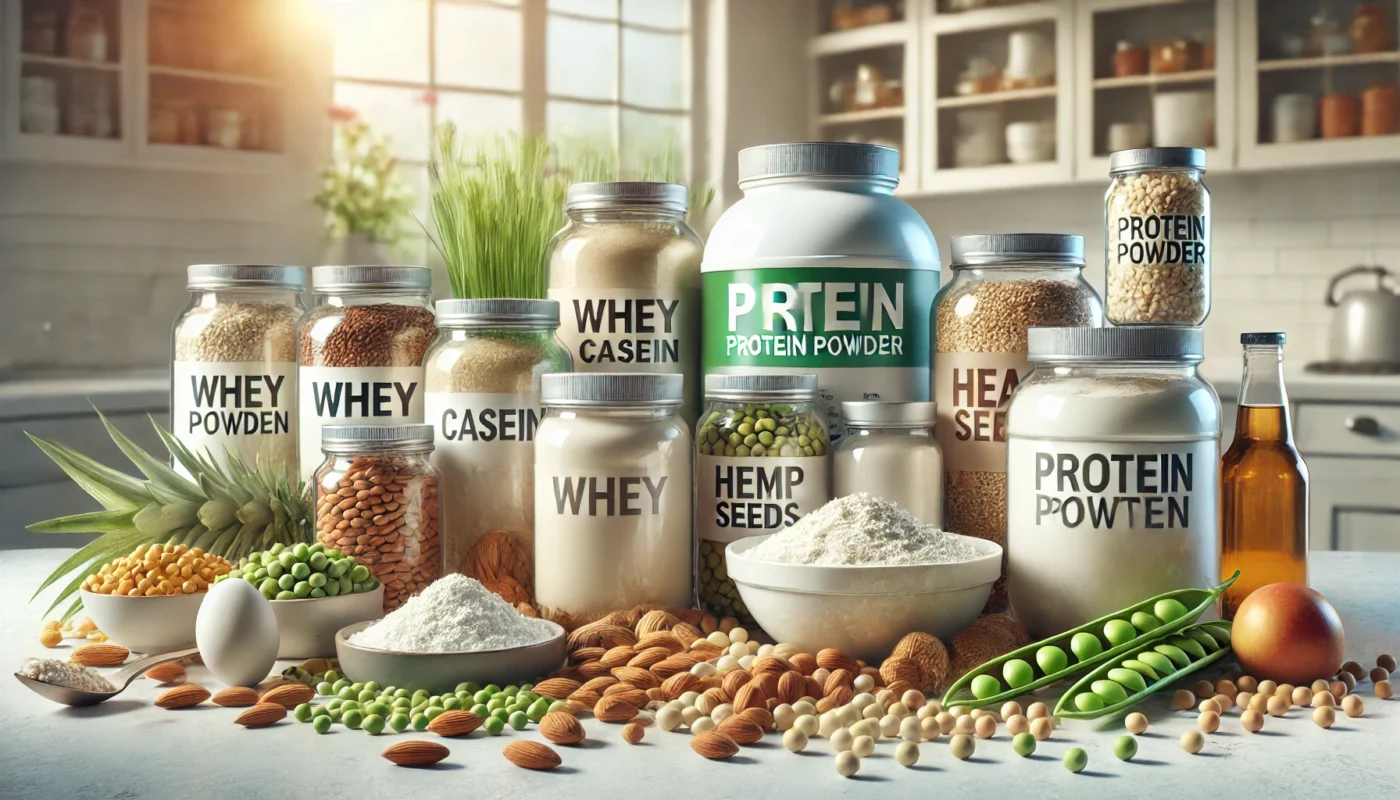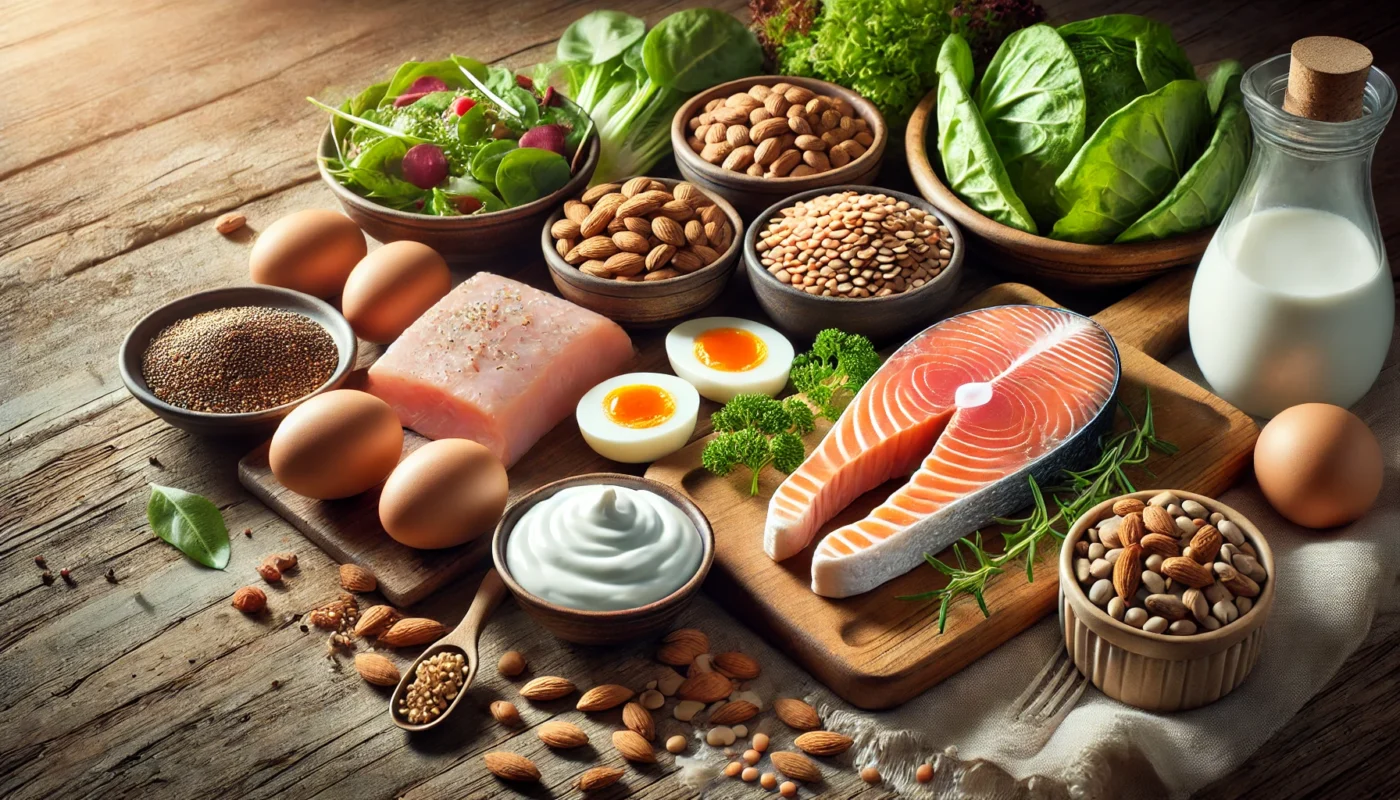Historically, various cultures have entertained unique practices that might seem odd by today’s standards. The act of eating scabs, though not widely documented, may find its roots in ancient ritualistic or survival behaviors. Some anthropologists suggest that such practices could have been linked to beliefs about gaining strength or healing powers from one’s own body. In ancient times, the emphasis on natural and self-reliant healing might have led communities to explore unconventional methods, including the reuse of one’s biological materials.
Moreover, in some ancient societies, the body was viewed as a sacred entity, with each component possessing unique properties. This perspective might have contributed to the acceptance of practices like scab eating, as it was seen as a way to harness the body’s innate healing capabilities. Additionally, survival instincts in harsh environments may have encouraged individuals to utilize every available resource, including their own body, to maintain health and vitality.

